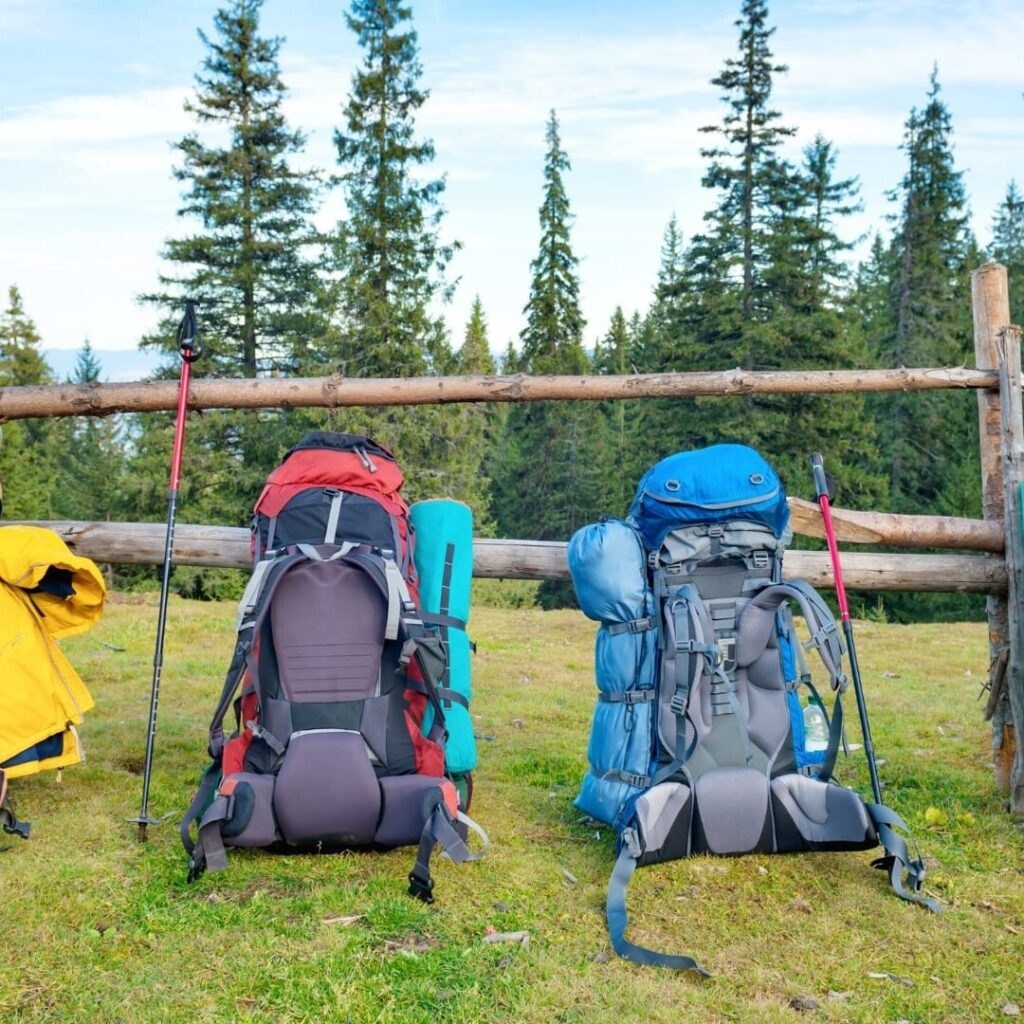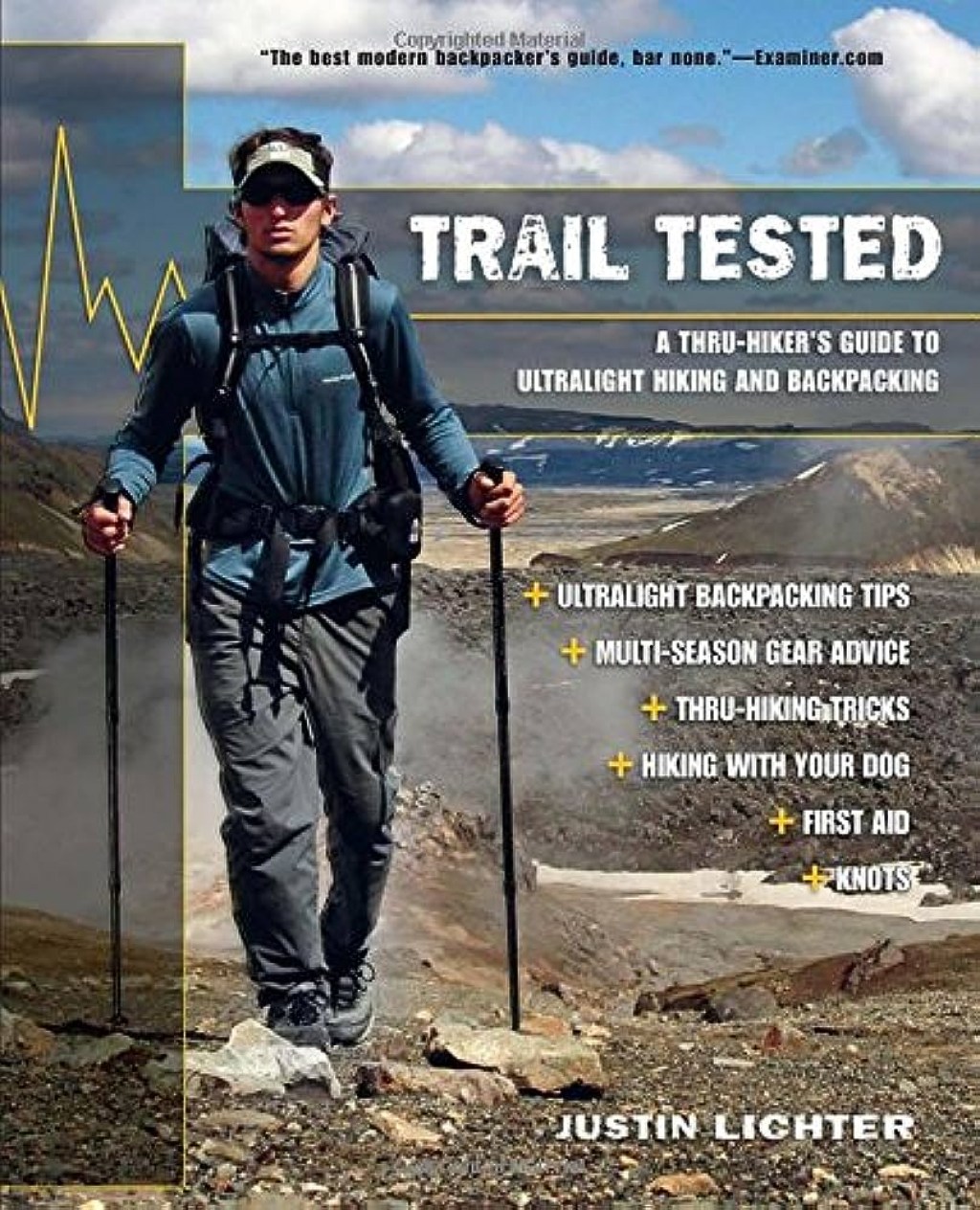Ultimate Backpacking Tips For Hiking: Your Guide To An Epic Adventure!
The Ultimate Backpacking Tips for Hiking: A Comprehensive Guide
Introduction
Backpacking is an exhilarating and rewarding adventure that allows you to immerse yourself in nature and explore breathtaking landscapes. Whether you’re a seasoned hiker or new to the world of backpacking, it’s important to have a thorough understanding of the essential tips and tricks to make your journey safe and enjoyable. In this comprehensive guide, I will share my personal experiences and insights on backpacking tips for hiking, providing you with valuable information that will enhance your outdoor adventures.
3 Picture Gallery: Ultimate Backpacking Tips For Hiking: Your Guide To An Epic Adventure!



What is Backpacking?

Image Source: squarespace-cdn.com
Backpacking is a form of outdoor recreation that involves carrying essential gear and supplies in a backpack while hiking through trails and wilderness areas. It combines the thrill of hiking with the freedom of camping, allowing you to explore remote locations and connect with nature on a deeper level. Backpacking requires careful planning, physical endurance, and the right equipment to ensure a successful and enjoyable experience.
Who Should Go Backpacking?
Backpacking is suitable for adventure enthusiasts, nature lovers, and anyone seeking a break from the hustle and bustle of daily life. It can be enjoyed by individuals of all ages, provided they are physically fit and prepared for the challenges of hiking and camping. Whether you’re a solo traveler, a group of friends, or a family looking for a memorable outdoor experience, backpacking offers something for everyone.
When and Where to Go Backpacking?

Image Source: faroutguides.com
The ideal time to go backpacking depends on the region and the type of hike you’re planning. Spring and fall are generally considered the best seasons for backpacking, as the weather is pleasant and the trails are less crowded. However, it is essential to research the specific location and check if any seasonal factors, such as extreme heat or heavy rain, may affect your trip. Popular backpacking destinations include national parks, wilderness areas, and mountain ranges, each offering unique landscapes and challenges.
Why Go Backpacking?

Image Source: media-amazon.com
Backpacking offers numerous benefits beyond the physical challenge. It allows you to disconnect from technology, reconnect with nature, and experience a sense of freedom and self-reliance. It provides an opportunity to explore hidden gems, witness breathtaking views, and create lasting memories. Backpacking also promotes physical fitness, mental well-being, and personal growth, as you learn to adapt to new environments and overcome obstacles along the way.
How to Prepare for Backpacking?
Proper preparation is crucial for a successful backpacking trip. Here are some essential steps to take:
1. Research and plan:
Research your chosen destination, including trail conditions, weather patterns, and permit requirements. Plan your itinerary, considering the distance, difficulty level, and camping options along the trail.
2. Pack light:
Choose lightweight and compact gear to minimize the weight you carry. Only pack essentials such as a tent, sleeping bag, cooking equipment, clothing, and food. Don’t forget to pack a first aid kit and navigation tools.
3. Train and build endurance:
Engage in regular physical activities to build stamina and endurance before your backpacking trip. Practice hiking with a loaded backpack to get used to the weight and improve your fitness level.
4. Test and familiarize:
Test your gear before your trip to ensure everything is in working order. Familiarize yourself with your equipment, including setting up your tent, using a stove, and reading maps or GPS devices.
5. Learn basic wilderness skills:
Acquire basic wilderness skills such as navigation, water purification, and emergency preparedness. Knowing how to read a compass, purify water from natural sources, and identify potential hazards will increase your confidence and safety on the trail.
6. Respect Leave No Trace principles:
Adhere to Leave No Trace principles, which emphasize minimizing your impact on the environment. Pack out your trash, dispose of waste properly, and leave natural features as you found them, ensuring the preservation of the wilderness for future generations.
FAQs about Backpacking Tips for Hiking
Q: How much water should I carry while backpacking?
A: The amount of water you should carry depends on the availability of water sources along the trail. It is recommended to carry at least 2 liters of water per person per day. However, if you’re hiking in a desert or during hot weather, you may need to carry more.
Q: Should I invest in a lightweight backpack?
A: Investing in a lightweight backpack is highly recommended. It will significantly reduce the strain on your body and allow you to hike longer distances with greater comfort. Look for backpacks made from durable and lightweight materials.
Q: Are hiking boots necessary for backpacking?
A: Hiking boots provide ankle support and traction, making them highly recommended for backpacking. However, if you’re hiking on well-maintained trails with light loads, sturdy hiking shoes or trail running shoes may suffice.
Conclusion
In conclusion, backpacking is a thrilling adventure that offers a unique opportunity to connect with nature, challenge yourself physically, and find solace in remote wilderness areas. By following the backpacking tips for hiking outlined in this guide, you’ll be well-prepared to embark on your own unforgettable journey. Remember to pack light, plan meticulously, and respect the environment, ensuring a safe and enjoyable experience. So lace up your boots, shoulder your backpack, and let the trails lead you to extraordinary destinations.
This post topic: Travel Planning


